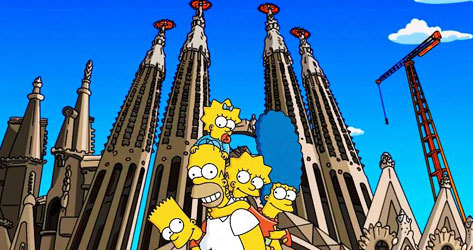Artists let themselves be taken by vanity because they are authors of a piece of glory; but what they must do is try to create that which is true glory and to satisfy the spirit itself, without attempting short lived successes.
The man without religion is a spiritually devoid man, a mutilated man.
Dead also is Maragall, a friend, and, shortly after, my dear patron count Güell and the much-loved Doctor Torras i Bages, so I submerged myself in the most complete solitude: “My great friends are dead; I have neither family, nor clients, nor for-tune, nor anything. Thus I can totally devote myself to the Temple of the Sagrada Família.
The only fertile approach is that of repetition: in Beethoven we see themes recovered from 10 years previously, in Bach the same, Verdaguer repeated, copied and always quoted his own poetry.
When advised to get new clothes, I replied: “If it is well sewn, I will take it; to go dirty or deshe-veled I could not tolerate, but, to seem poor gives me equality. Contemplating Jesus Christ: He it was who, because of love for us, became truly poor!”.
Thought is not free, but a slave to Truth. Freedom is not something of thought, but of will.
Those who do not act correctly do not want to think about death, and for that reason want it remote from time. Without thinking about death there is no good in life, neither in a moral or physical sense.
Gaudí.








